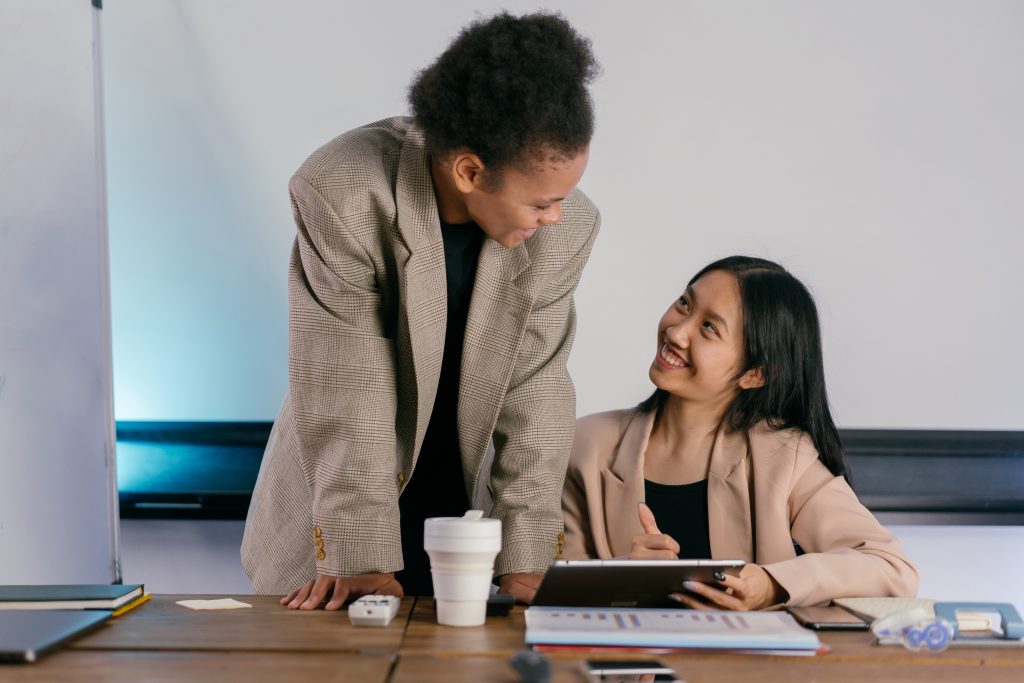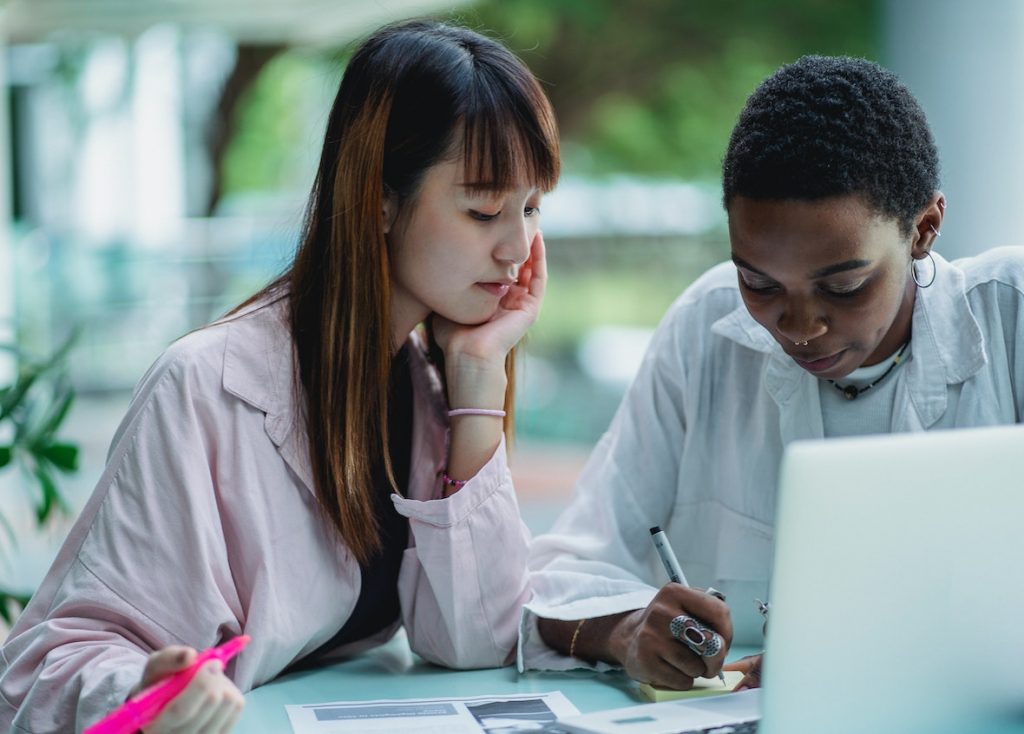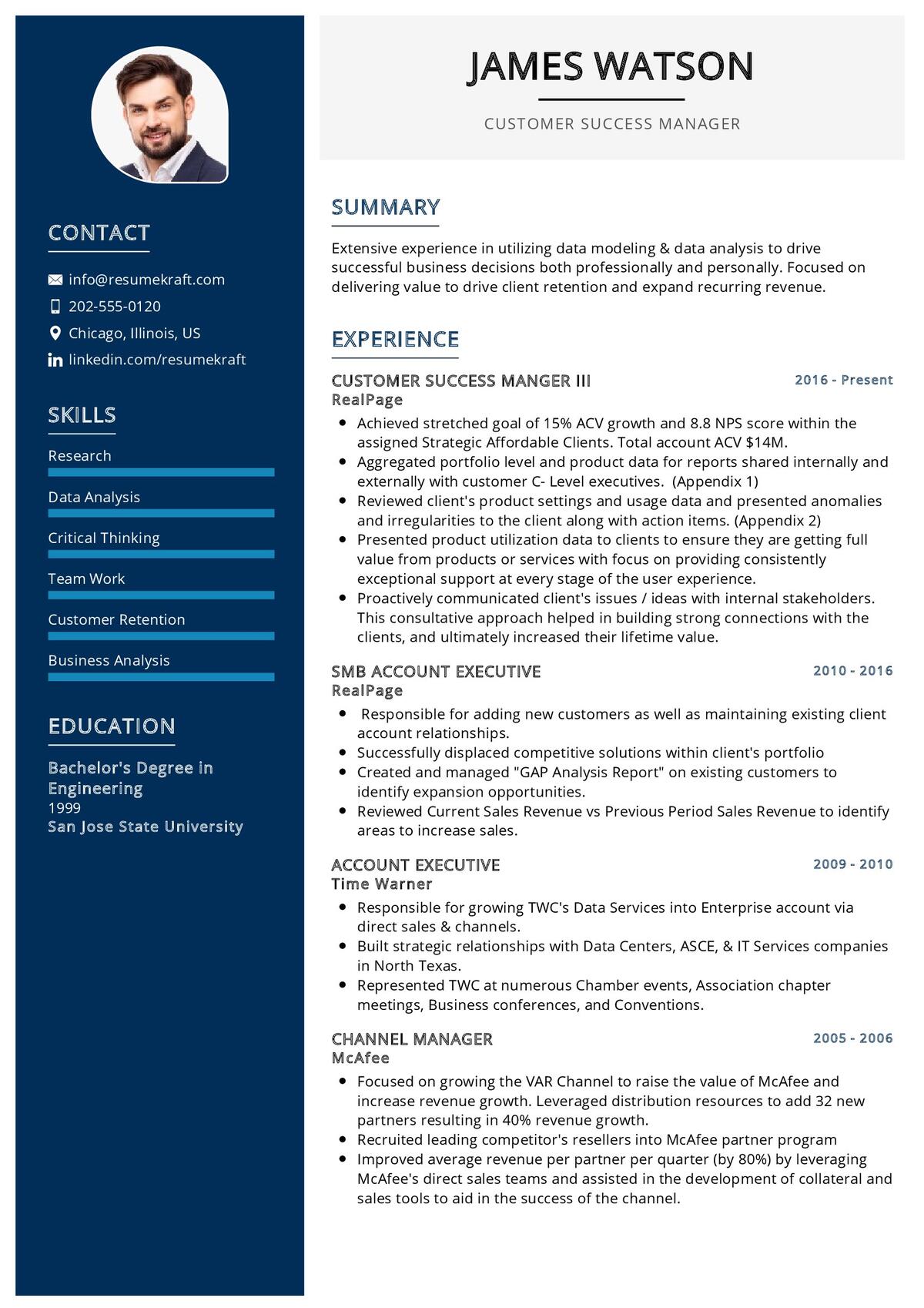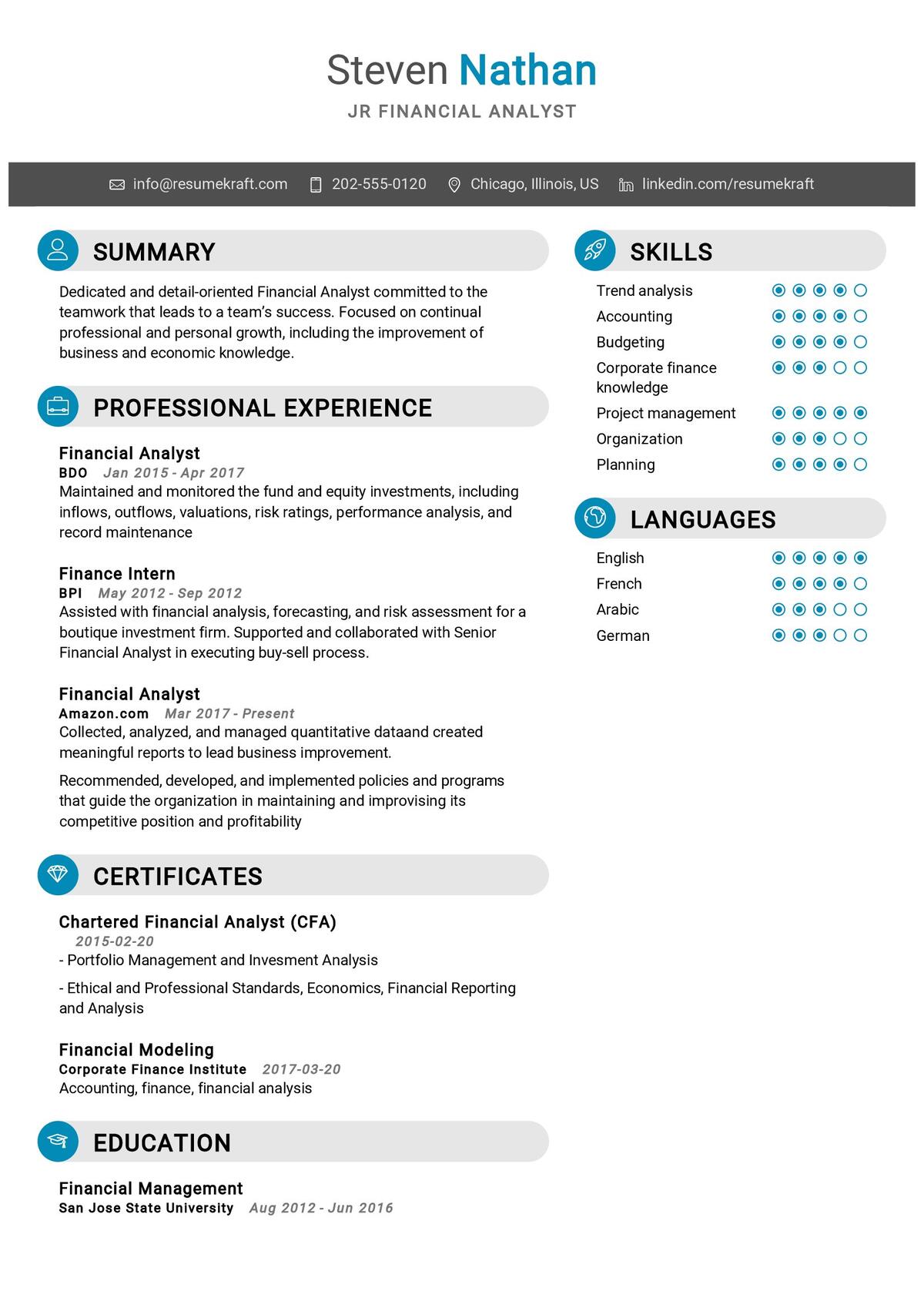
When it comes to communication, we often think about how to better express ourselves. However, communication is a two-way street. It’s not only about how we express ourselves, but also about how we understand others. In order to improve our communication skills, we need to focus on both aspects.
Furthermore, communication is often more difficult than we think. We often avoid difficult conversations because we’re afraid of conflict or we don’t want to hurt someone’s feelings. However, avoiding difficult conversations can actually make things worse. By learning how to effectively manage difficult conversations, we can improve our communication skills overall.
In this article, we’ll be discussing how to improve your communication skills. We’ll be focusing on how to better express yourself, how to better understand others, and how to better manage difficult conversations. By the end of this article, you should have a better understanding of how to communicate effectively.
Let’s get started!
The Importance of Communication Skills
The ability to communicate effectively is one of the most important skills that you can possess in your personal and professional life. Good communication can help you to build strong relationships, resolve conflicts, and reach your goals.
The first step to improving your communication skills is to understand the importance of communication. Effective communication is essential for building strong relationships, resolving conflicts, and achieving success in all areas of your life. Good communication involves more than just speaking and listening; it also includes nonverbal communication, such as your body language and facial expressions.
If you want to improve your communication skills, there are a few things you can do. First, make an effort to be a better listener. Pay attention to what the other person is saying and try to understand their point of view. Second, be clear and concise when you speak. Make sure that your message is clear and that you are using the right words to express yourself. Third, practice active listening. This means listening to understand, rather than just listening to reply. When you actively listen, you pay attention to the other person, ask questions, and restate what they have said to make sure you understand them.
Improving your communication skills takes time and effort, but it is worth it. By making an effort to communicate effectively, you can build strong relationships, resolve conflicts, and achieve success in all areas of your life.
Some additional things to remember when improving your communication skills include:
- Practice makes perfect – The more you communicate, the better you will become at it.
- Be patient – It takes time to develop strong communication skills.
- Be open-minded – Be willing to see things from the other person’s perspective.
- Be assertive – Speak up for yourself and express your needs and wants clearly.
- Be aware of your body language – Nonverbal communication is just as important as verbal communication.
- Listen more than you speak – You can learn a lot by listening to others.
- Ask questions – Asking questions shows that you are interested in the other person and want to understand them better.
- Avoid interrupting – Let the other person finish speaking before you start talking.
- Avoid making assumptions – Don’t assume that you know what the other person is thinking or feeling. Ask them directly.
By following these tips, you can start to improve your communication skills and build better relationships with others.

The Different Types of Communication Skills
There are many different types of communication skills and they are all important in their own way. Here are some of the most common types of communication skills:
- Verbal communication skills: These are the skills you use when you speak to someone. They include your ability to articulate your thoughts and ideas clearly, as well as your ability to listen and understand what others are saying.
- Written communication skills: These are the skills you use when you write, such as writing emails, reports or articles. They include your ability to express yourself clearly and concisely, as well as your ability to edit and proofread your work.
- Non-verbal communication skills: These are the skills you use when you communicate without words, such as through body language or facial expressions. They include your ability to read and interpret non-verbal cues, as well as your ability to use non-verbal communication to express yourself.
- Interpersonal communication skills: These are the skills you use when you interact with others, both in person and online. They include your ability to build relationships, resolve conflict and communicate effectively in a team.
- Presentation skills: These are the skills you use when you give a speech or presentation. They include your ability to plan and structure your material, as well as your ability to deliver it in a clear and engaging way.
- Research skills: These are the skills you use when you conduct research, such as for a project or report. They include your ability to find and use relevant sources of information, as well as your ability to critically evaluate and synthesize information.
As you can see, there are many different types of communication skills, and each one is important in its own way. By honing your skills in each of these areas, you will become a more effective communicator overall.
Some people are naturally better at communication than others, but everyone can improve their skills with practice. If you want to improve your communication skills, there are many resources available to help you, including books, websites, and courses.
One of the best ways to improve your communication skills is to practice regularly. Find opportunities to practice communicating in both your personal and professional life, and make an effort to improve your skills in each area. With time and practice, you will become a more confident and effective communicator.
The Benefits of Good Communication Skills
Good communication skills offer many benefits. They can help you better understand the world around you, build better relationships, resolve conflicts, and make better decisions. Good communication skills also make it easier to find a job and advance your career.

Some specific benefits of good communication skills include:
- Understanding the world around you: Good communication skills help you to better understand what other people are saying. This can be especially helpful in a work setting, where understanding your colleagues and customers is vital to success.
- Building better relationships: Good communication skills allow you to build strong relationships with the people around you. Strong relationships are built on trust and mutual understanding, both of which are facilitated by effective communication.
- Resolving conflicts: Good communication skills can help you resolve conflicts with others. By understanding the other person’s perspective and communicating effectively, you can find a resolution that works for both parties.
- Making better decisions: Good communication skills help you to gather information from others and make decisions based on that information. In work and in life, making informed decisions is essential to success.
- Finding a job: Good communication skills are essential for finding a job. In an interview, your ability to communicate effectively can be the difference between getting the job and being passed over.
- Advancing your career: Good communication skills can help you advance your career. Effective communication is essential for networking, presenting ideas, and negotiating.
How to Improve Your Communication Skills
If you’re looking to improve your communication skills, there are a few things you can do. First, make sure that you’re really listening to the other person. Pay attention to what they’re saying and try to understand their perspective. Second, be clear and concise when you’re speaking. Make sure that your message is coming across the way you want it to. Lastly, be open to feedback. If you’re not sure if you’re communicating effectively, ask for feedback from the person you’re talking to.
If you want to take your communication skills to the next level, here are a few things you can do:
- Be an active listener. This means being fully present when the other person is speaking, and really trying to understand their perspective.
- Be clear and concise in your own communication. This means thinking about what you want to say before you say it, and making sure your message is coming across the way you want it to.
- Be open to feedback. If you’re not sure if you’re communicating effectively, ask for feedback from the person you’re talking to. This can be a helpful way to learn and improve.
- Practice, practice, practice! The more you communicate, the better you’ll become at it. So get out there and start talking to people!
The Most Common Communication Mistakes
- Lack of preparation: One of the most common communication mistakes is failing to prepare for a conversation. This can lead to fumbling over your words, forgetting important points, and generally not communicating effectively.
- Not being an active listener: It’s important to be an active listener when communicating with others. This means really paying attention to what the other person is saying, and not just waiting for your turn to speak.
- Interrupting: Another common communication mistake is interrupting the other person. This can come across as rude and can disrupt the flow of conversation.
- Talking too much: It can be easy to get carried away when talking and end up talking too much. This can make the other person feel like you’re not really interested in hearing what they have to say.
- Failing to make eye contact: Eye contact is important when communicating with others. It shows that you’re interested in the conversation and that you’re paying attention.
- Using “I” statements: Using “I” statements is a communication mistake that can make you seem selfish and uninterested in the other person. For example, instead of saying “I don’t like that idea,” try saying “That doesn’t sound like it would work for me.”
- Being vague: Vague language can make it difficult for the other person to understand what you’re trying to say. Be clear and concise when communicating with others to avoid this mistake.
- Using “you” statements: Using “you” statements is a communication mistake that can make the other person feel defensive. For example, instead of saying “You’re wrong,” try saying “I’m not sure I see it that way.
- Getting emotional: It’s important to keep your emotions in check when communicating with others. Getting too emotional can make it difficult to communicate effectively.
- Not following up: After a conversation, it’s important to follow up with the other person. This shows that you were paying attention and that you care about what was discussed.
The Do’s and Don’ts of Effective Communication
- DO: Make sure you are clear and concise in your communication.
- DO: Be aware of your own communication style and adjust it as needed to ensure effective communication with others.
- DO: Make an effort to understand the communication styles of others and adjust your own accordingly.
- DO: Be honest in your communication with others.
- DO: Use communication to build trust and rapport with others.
- DON’T: Use communication as a tool to manipulate or control others.
- DON’T: Assume that others understand what you’re saying or that they will interpret your words in the same way you do.
- DON’T: Use communication to avoid difficult conversations or topics.
- DON’T: Use communication to hurt or harm others.
- DON’T: Use communication as a weapon.
Tips for Improving Your Communication Skills

- Pay attention to your body language: Your body language can say a lot about how you’re feeling and what you’re thinking. Make sure that your body language is sending the right message by paying attention to your posture, eye contact, facial expressions, and hand gestures.
- Listen more than you talk: One of the best ways to improve your communication skills is to simply listen more than you speak. When you’re in a conversation, really try to listen to what the other person is saying and ask follow-up questions. Don’t just wait for your turn to talk.
- Avoid distractions: When you’re trying to communicate with someone, it’s important to give them your full attention. That means putting away your phone, turning off the TV, and avoiding any other distractions. If you’re not fully present, the other person will be able to tell and the conversation will suffer.
- Be clear and concise: When you’re communicating, it’s important to be clear about what you’re trying to say. That means using simple language and avoiding jargon. It’s also important to be concise. Get to the point and then stop talking. rambling on and on will only make it harder for the other person to understand you.
- Know your audience: Different people communicate differently. When you’re trying to communicate with someone, it’s important to take their personality and preferences into account. Some people prefer to stick to small talk, while others are more open to deeper conversations. Knowing your audience will help you adjust your communication style accordingly.
- Use verbal and nonverbal cues: When you’re communicating, it’s important to use both verbal and nonverbal cues. Verbal cues include the words you use, while nonverbal cues include your tone of voice, body language, and facial expressions. Pay attention to both when you’re communicating with someone to make sure that your message is getting across.
- Be aware of your emotions: Your emotions can affect the way you communicate with others. If you’re feeling angry, sad, or frustrated, it will be harder to communicate effectively. Try to take a step back and calm down before you start a conversation.
- Practice active listening: Active listening is a skill that you can use to improve your communication. When you’re actively listening, you’re not just hearing the words that the other person is saying, you’re also trying to understand their meaning and respond accordingly. This can be a challenge, but it’s worth it if you want to improve your communication skills.
- Avoid making assumptions: When you’re communicating with someone, it’s important to avoid making assumptions about what they’re thinking or feeling. Instead, ask them directly. This will help you avoid misunderstandings and miscommunications.
- Be patient: Communication is a two-way process. That means that you need to be patient when you’re waiting for the other person to respond. If you’re getting impatient, it will only make the situation worse.
- Take breaks as needed: If you’re feeling overwhelmed or stressed, it’s OK to take a break from the conversation. This will help you clear your head and come back with a fresh perspective.
- Seek professional help: If you’re struggling to communicate effectively, you may want to seek professional help. A therapist or counsellor can teach you communication skills and help you practice using them.
Planning to Write a Resume?
Check our job winning resume samples


Frequently Asked Questions for Communication Skills
Communication is the process of sharing information between two or more people. It can be done verbally, through written words, or non-verbally, through body language or other means.
Communication is important because it helps us to connect with other people, share our thoughts and feelings, and exchange information. It is a key part of human interaction and is essential to our personal and professional lives.
Some tips for improving communication skills include: -Listening more than you speak -Asking open-ended questions -Avoiding making assumptions -Clarifying messages -Being aware of body language -Saying “I” statements -Using active listening techniques -Paraphrasing what others have said -Practicing assertiveness
Some tips to better communicate with someone with a different communication style include: – Be aware of your own communication style – Be respectful of the other person’s communication style – Try to find common ground – Communicate your needs and expectations clearly – Be open to compromise
Conclusion
In conclusion, Your communication skills are important in every aspect of your life. By improving your communication skills, you can build better relationships, have more successful interactions in both your personal and professional life.
Here are a few final tips to help improve your communication skills:
- Listen more than you talk.
- Seek to understand before being understood.
- Be clear and concise in your communication.
- Be aware of your body language and tone of voice.
- Practice, practice, practice!
By following these tips, you can improve your communication skills and build better relationships with the people in your life.
Recommended Reading:

